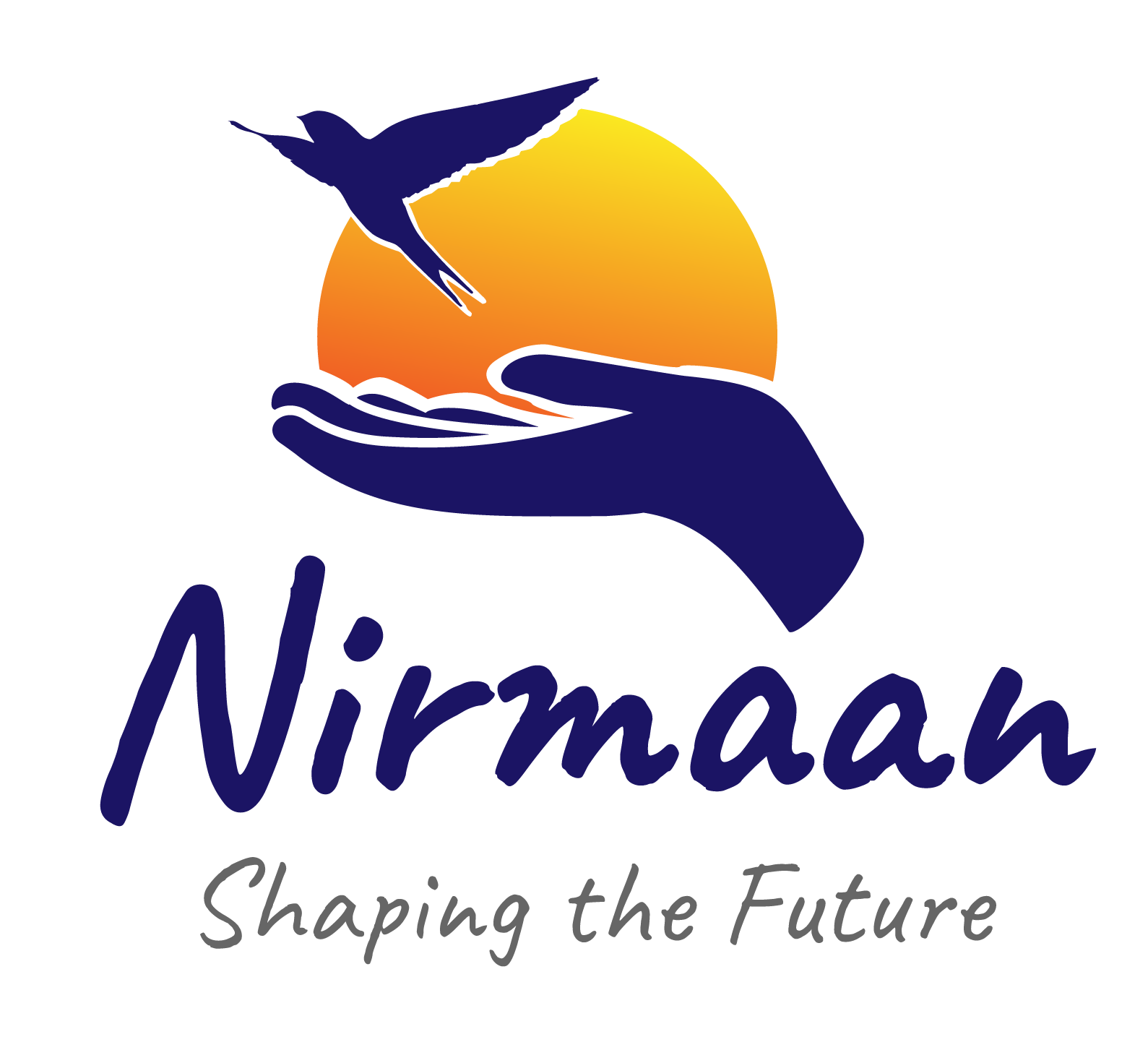The Future of Workplace Flexibility
As we step into 2025, the landscape of work is undergoing a significant transformation. The rise of the hybrid job market has reshaped our understanding of workplace flexibility and employee expectations. Companies and individuals alike must adapt to these changes to thrive in a more dynamic environment.
In recent years, the pandemic accelerated the shift towards remote work, leading organizations to rethink their operational models. Many employees now demand a blend of in-office and remote work options, and companies that fail to provide this flexibility risk losing top talent. Thus, the future of workplace flexibility is not just a trend; it’s a necessity for survival in today's competitive job market.
Understanding Hybrid Work Models
The hybrid work model combines both remote and in-office work, allowing employees to choose where they feel most productive. This flexibility can lead to increased job satisfaction and improved work-life balance. However, it also presents unique challenges for employers in terms of collaboration, communication, and company culture.
Adapting Career Strategies
To succeed in this evolving landscape, professionals must reassess and adapt their career strategies. Here are some key considerations:
- Embrace Lifelong Learning: As industries evolve, so too must your skills. Engage in continuous education and training to stay relevant.
- Network Virtually: Expand your professional connections through online platforms, webinars, and virtual conferences. Networking remains crucial, even in a hybrid world.
- Prioritize Soft Skills: Skills like communication, adaptability, and emotional intelligence have become increasingly valuable in a hybrid work environment.
- Leverage Technology: Use tools and platforms that enhance collaboration and productivity, whether you’re in the office or working remotely.
Creating a Supportive Work Culture
Companies must foster a supportive culture that values flexibility and inclusion. This can be achieved by:
- Implementing clear policies that outline remote work expectations.
- Encouraging regular check-ins and feedback sessions.
- Investing in technology that facilitates seamless communication.
The Bottom Line
The future of workplace flexibility is here, and adapting to the hybrid job market is crucial for both employers and employees. By embracing this shift and making proactive career adjustments, individuals can position themselves for success in a rapidly changing work environment. As we continue to navigate these changes, the emphasis on flexibility will only grow, shaping the way we work for years to come.



Leave a Comment
To post comment, please